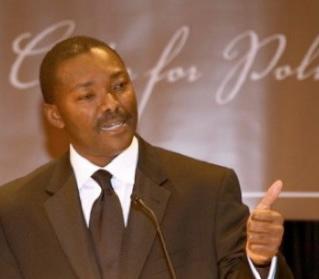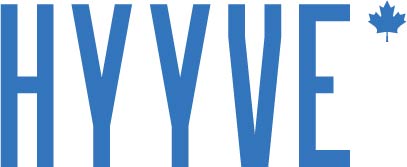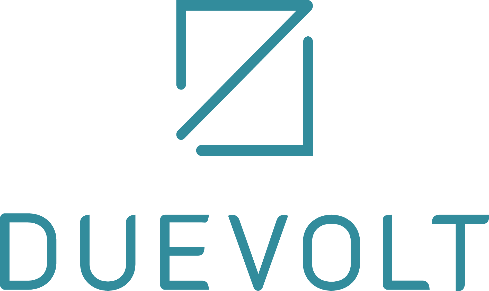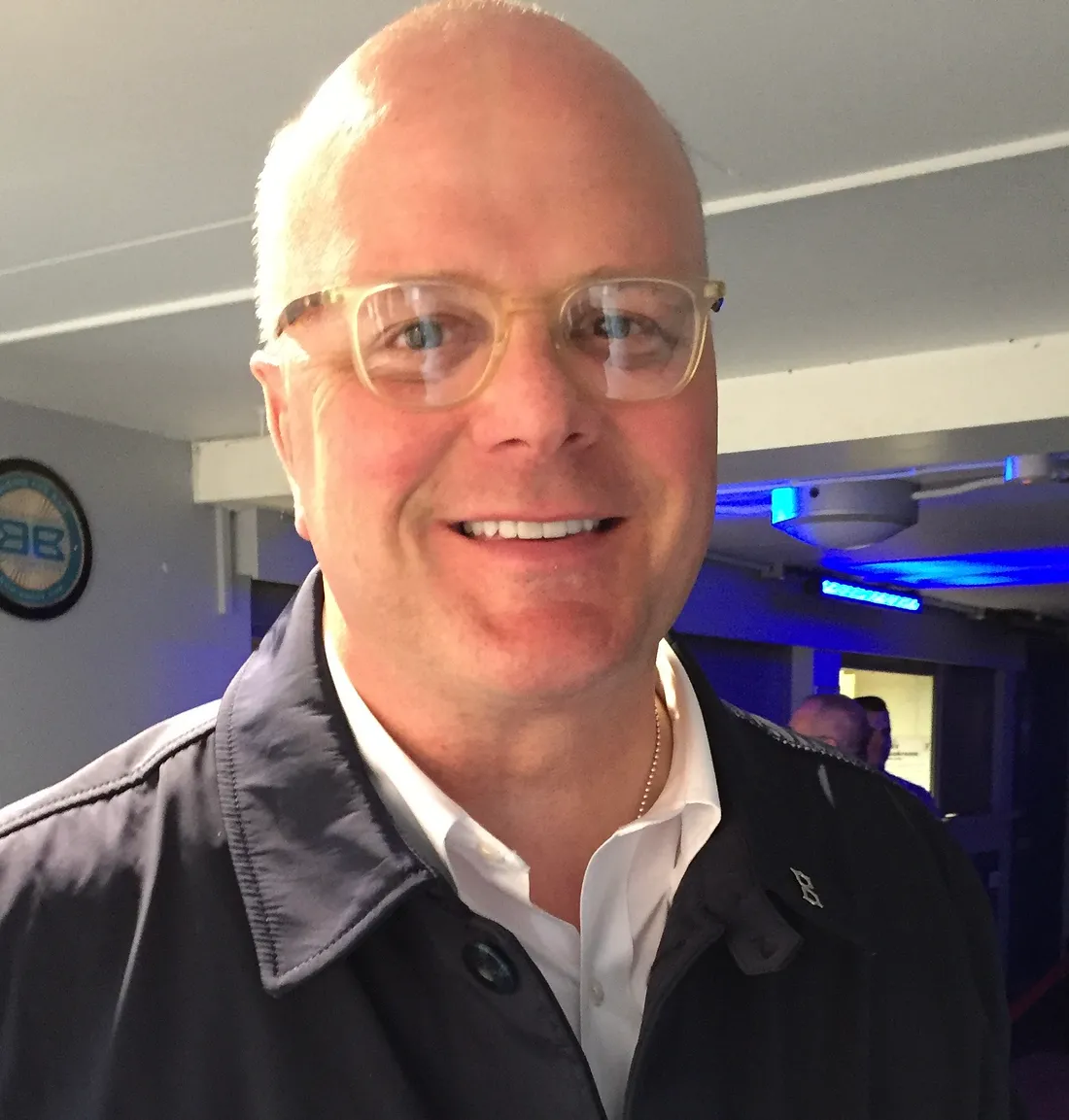Policy and Pedagogy: How Professor Ifediora Uses Economics to Change Systems

Strong 8k brings an ultra-HD IPTV experience to your living room and your pocket.
In the field of economics, few figures embody the confluence of academic precision and pragmatic policy advocacy as distinctly as Professor John O. Ifediora. A Nigerian-American economist with an illustrious academic background and an impressive professional trajectory, Professor Ifediora has spent decades fusing theoretical insight with practical impact. At the heart of his mission lies a powerful conviction: that sound economic thinking, when applied through thoughtful pedagogy and robust policy engagement, can transform systems and improve lives.
Professor Ifediora’s career as a teacher and scholar began in earnest at the University of Wisconsin-Platteville, where he became a full professor and later served as chair of the Department of Economics. During his tenure, he co-founded the Center for Applied Public Policy, creating a dynamic forum where students and faculty collaborated to solve pressing societal problems using the tools of economics. His classrooms were never just about graphs, models, or equations; they were incubators of systemic change. He emphasized critical thinking, contextual understanding, and the need for economists to be socially responsible actors in their communities.
It is this pedagogical ethos that shaped Professor Ifediora’s economic philosophy. With graduate degrees from institutions such as the University of Chicago, Oxford, Cambridge, and the University of Maryland, and a Ph.D. in Economics from the University of Wisconsin-Madison, his training is undeniably elite. Yet, he has always rejected the ivory tower’s detachment. Instead, he prefers engagement with communities, governments, and global institutions.
This engagement has taken multiple forms. As a senior economist and policy advisor to the Illinois State Senate and the Wisconsin government, Professor Ifediora tackled real-world economic challenges with academic rigor. His input contributed to legislative changes in tax policy and how lottery funds were allocated in Illinois. These interventions were not just technical fixes; they were systemic recalibrations that reflected his belief in inclusive economic governance.
Beyond state-level initiatives, Professor Ifediora has been a sought-after consultant for international bodies like the World Bank, the Federal Reserve Bank of Chicago, and the American Enterprise Institute. In each of these roles, he brought a blend of empirical analysis and normative questioning, challenging policymakers to not only ask what works, but what works equitably.
Perhaps nowhere is his systems-changing approach more visible than in his leadership of the Council on African Security and Development (CASADE), which he founded in 2014. As President, he has positioned the organization as a think tank and advocacy hub focused on Africa’s twin challenges of economic development and security. His work through CASADE, including research on bureaucratic corruption, the marginalization of African women, and the political economy of resource wealth, is a testament to his dedication to data-driven yet deeply human policymaking.
Through CASADE Defence Systems, launched in 2023, Professor Ifediora further extended his systemic approach. By advocating for the development of indigenous African defense industries, he addressed not only issues of security but also economic sovereignty and technological empowerment.
His numerous publications—ranging from textbooks like Microeconomics and Applied Microeconomics Theory and Practice to journal articles on sub-Saharan Africa’s development challenges, reflect his twin commitments to pedagogy and policy. These works are not just academic exercises; they are blueprints for transforming educational curricula and guiding national policy.
In a world often trapped between theoretical abstraction and practical urgency, Professor Ifediora stands out as an economist who bridges the divide. His teaching inspires future leaders, and his policy work reshapes systems from within. Whether in a university lecture hall or a policy roundtable in Washington D.C., he brings the same analytical precision and moral clarity. And in doing so, he proves that economics, when paired with a sense of justice and a commitment to truth, can indeed change the world.
Note: IndiBlogHub features both user-submitted and editorial content. We do not verify third-party contributions. Read our Disclaimer and Privacy Policyfor details.







